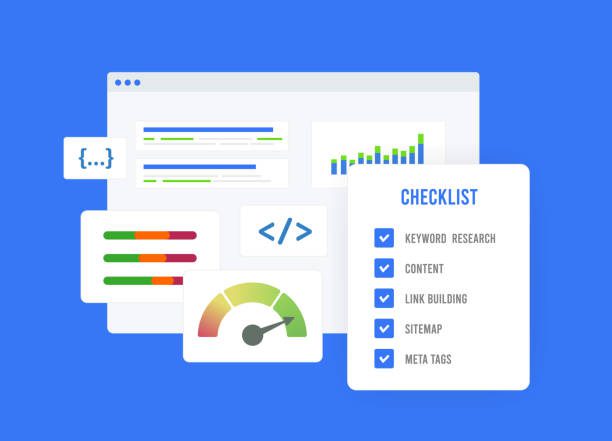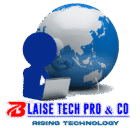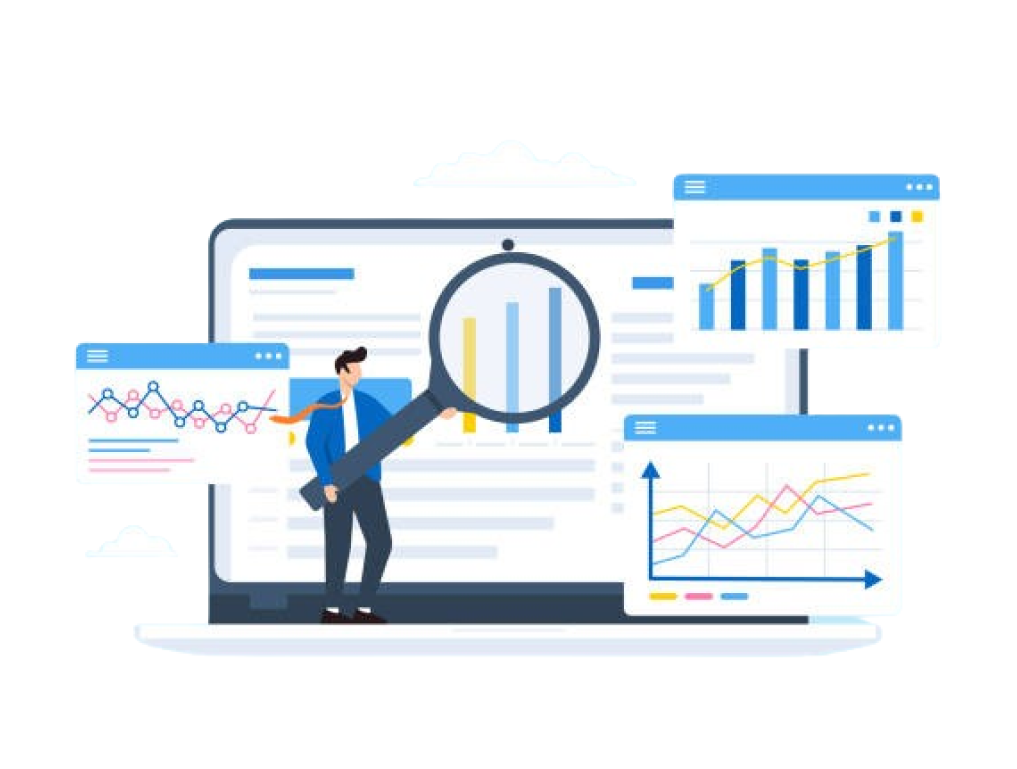In the realm of digital marketing, one of the most effective strategies for raising your website’s exposure, drawing in natural traffic, and raising your rankings on search engines like Google is on-page SEO. On-Page SEO is all about making your own website more user-friendly and search engine-friendly, as opposed to Off-Page SEO, which concentrates on external elements like backlinks.

When done properly, on-page SEO improves user experience, which is Google’s ranking algorithms’ ultimate goal, in addition to helping search engines comprehend your content.
What Is On-Page SEO?
On-page SEO (also known as “on-site SEO”) is the practice of optimizing webpage content for search engines, AI platforms and LLMs, and users.
Common on-page SEO practices include optimizing title tags, content, internal links, URLs, and other ranking factors.
This is different from off-page SEO, which is optimizing for signals that happen off of your website.
Why On-Page SEO Matters
- Improved Rankings: Optimized pages have a higher chance of appearing at the top of search results.
- Organic Traffic Growth: Proper keyword targeting and quality content bring in more visitors.
- Better User Experience: On-Page SEO ensures your content is easy to read, navigate, and engage with.
- Higher Conversions: By making your website user-friendly and informative, visitors are more likely to convert into customers.
Key Elements of On-Page SEO
1. Keyword Optimization
Start with in-depth keyword research to find what your audience is searching for. Place primary and secondary keywords strategically in:
- Title tags
- Headings (H1, H2, H3)
- URL slugs
- First 100 words of content
- Image alt texts
Example: If you’re targeting the keyword “On-Page SEO strategies,” include it naturally in your blog headings and meta description.
2.High-Quality Content
Content is still king when it comes to SEO. Ensure your content is:
- Original and engaging
- Covers the topic in depth
- Easy to read with short paragraphs, bullet points, and visuals
- Optimized for search intent (informational, transactional, or navigational)
Google rewards content that answers users’ questions clearly and thoroughly.
3.Meta Tags (Titles & Descriptions)
Meta titles and descriptions are your first impression in search results. They should:
- Include your target keyword
- Be compelling to encourage clicks
- Stay within character limits (Title: ~60 chars, Description: ~160 chars)
Example:
Title: On-Page SEO Best Practices for 2025 – Boost Your Rankings
Meta Description: Learn effective On-Page SEO techniques to improve your website rankings and drive organic traffic. Optimize keywords, content, and meta tags for success.
4.URL Structure
Clean, keyword-rich URLs are more attractive to both search engines and users.
✅ Good: www.yoursite.com/onpage-seo-guide
❌ Bad: www.yoursite.com/page?id=12345
5. Internal Linking
Connect your content with internal links to keep visitors engaged and guide search engines through your site. This distributes authority across your pages and improves crawlability.
6. Image Optimization
Optimized images improve page speed and boost SEO. Always:
- Use descriptive alt text with keywords
- Compress images for faster load times
- Choose the right format (JPEG, PNG, WebP)
7. Mobile-Friendliness & Page Speed
It is imperative that your website be entirely responsive due to Google’s mobile-first crawling. A sluggish website detracts from user experience and SEO. To find problems, use tools such as Google PageSpeed Insights.
Pro Tips for Effective On-Page SEO
- Focus on user intent: Answer what your audience is really looking for.
- Keep content fresh: Regularly update blogs and product pages.
- Use LSI (Latent Semantic Indexing) keywords: Related keywords that add depth to your content.
- Monitor with tools: Track your performance using Google Search Console, Ahrefs, or SEMrush.
Conclusion
The cornerstone of a successful SEO campaign is on-page SEO. You can build a solid foundation that will help your website rank higher and draw steady organic traffic by improving your content, meta tags, keywords, and user experience.
If you want your website to be visible, valuable, and competitive, mastering On-Page SEO is non-negotiable. Start with the basics today, and watch your rankings grow tomorrow!
Searching for a qualified SEO expert to improve your website? We use specialized On-Page, Off-Page, and Technical SEO tactics to help companies rank highly. Get in touch with us right now to advance your website!


